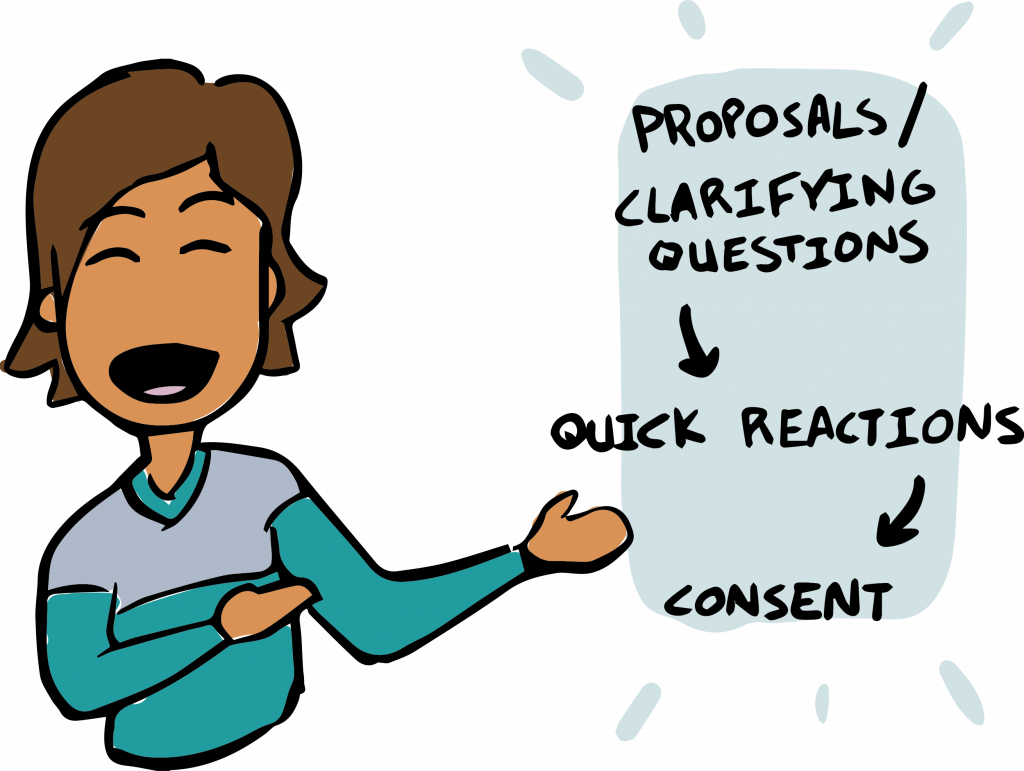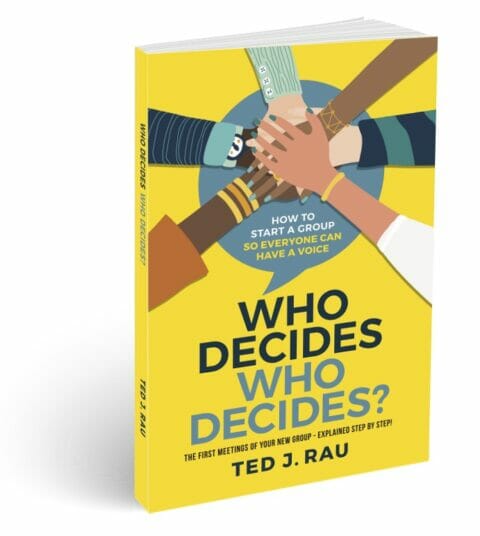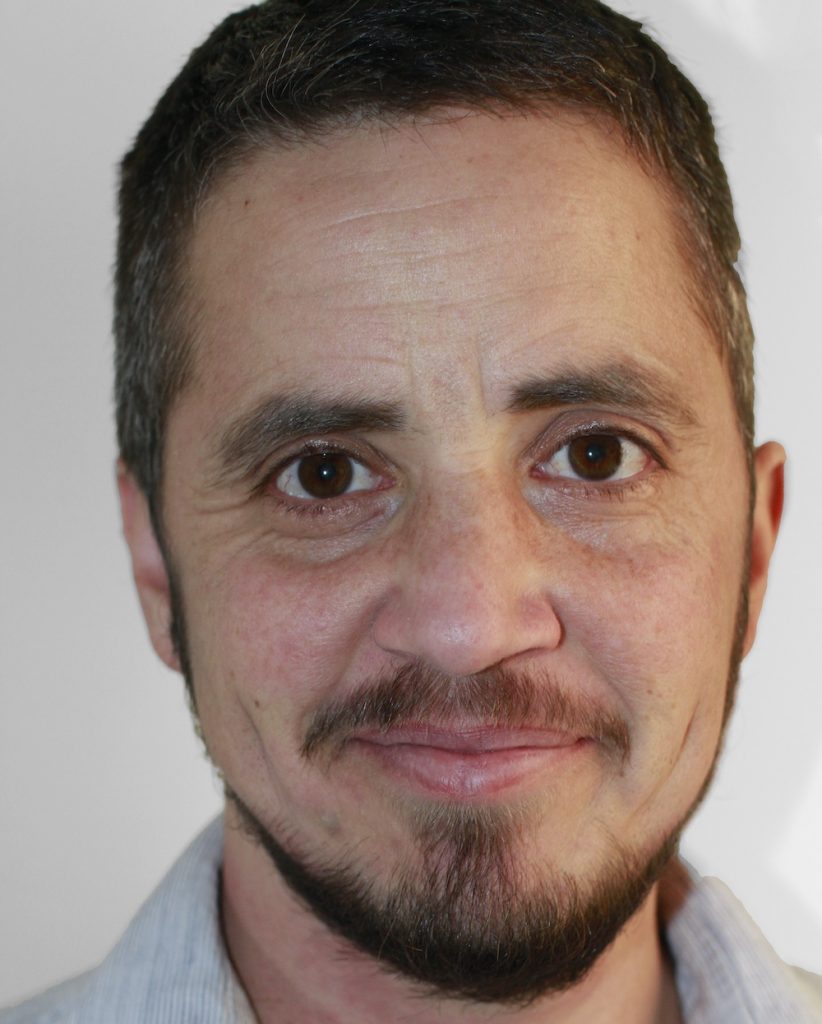Have you ever started a group that started with enthusiasm and fizzled out over time? I have. Even more often, I have joined groups that other people started… that fizzled out over time.
So, what happened? If your experiences are similar to mine, here are some typical stories.
- Groups start out with a vague understanding of what we’d do together and then we don’t do things because first we talk… and talk about what we would do if we ever actually started. Needless to say, we don’t start but fade away.
- Someone starts doing things. Somehow the doers take over and there’s no room to plug in. We’re all grateful but there’s also no room to talk about whether what they’re doing fits with the rest.
Self-organization is powerful because it has the potential to align a lot of people and their passion with each other. Yet, self-organization doesn’t mean having “no rules”.
The invisible force that makes or breaks a new group is governance. Governance doesn’t sound exciting, and it reminds everyone of boring board room meetings. Yet, the truth is that governance is everywhere – every group that makes decisions gets to those decisions somehow – whether we like that way of making decisions or not.
So how can we introduce just enough clarity and process to make governance inclusive, easy and unleash the power of self-organization? There’s a new book that describes exactly that. It uses the tools from sociocracy – a consent-based, heavily participatory, and co-creative decentralized governance system – and lays out how to start a group and put decision-making and a good distribution of responsibility and actions into place step by step. The book has printable meeting templates of the first 3 meetings that will support your new group and launch it well!
- In the first meeting, a group establishes how they operate and what they do. They celebrate being a group and spend time getting to know each other.
- In meeting #2, a little bit of structure is established so everyone knows how to contribute, and the group can plan for the future in an accountable way.
- Meeting #3 is all about getting started and reviewing what we’ve done so far – only if we review our processes can we make sure everyone’s needs are considered and we are intentional about how we spend our time.
The process works the best for groups of 3-12 people who are actively involved. It can be used to start or to re-kindle a group.
The book comes with a resource page of printables, demo videos and an interactive forum.
Ted Rau is a trainer, consultant and co-founder of the non-profit movement support organization Sociocracy For All.
He grew up in suburban Germany and studied linguistics, literature and history in Tübingen before earning his PhD in linguistics there in 2010. As part of that career, he moved to the USA and fulfilled a long-held wish to live in an intentional community. Since a career in Academia required more moving around than he was willing to do, he left Academia. Ted identifies as a transgender man, and he is a parent of 5 children. He lives with 70 neighbors in Massachusetts in an intentional community. Link to more info on sociocracy
PLEASE DONATE to help Network Weaver continue in it’s mission to offer free support and resources to networks worldwide.


